
22,95 €
Sofort per Download lieferbar

Gebundenes Buch
Survivors Speak
31. Januar 2022
Taylor & Francis Ltd
| eBook, PDF | 22,95 € |
22,95 €
Sofort per Download lieferbar
Ähnliche Artikel
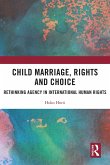
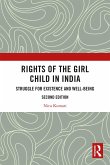
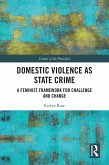
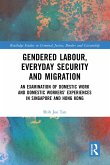
eBook, ePUB
3. November 2022
Taylor & Francis eBooks
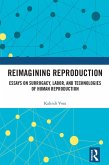
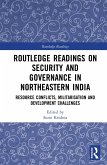
eBook, ePUB
16. Juni 2023
Taylor & Francis eBooks

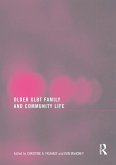
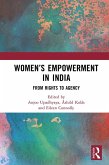
Ähnlichkeitssuche: Fact®Finder von OMIKRON
